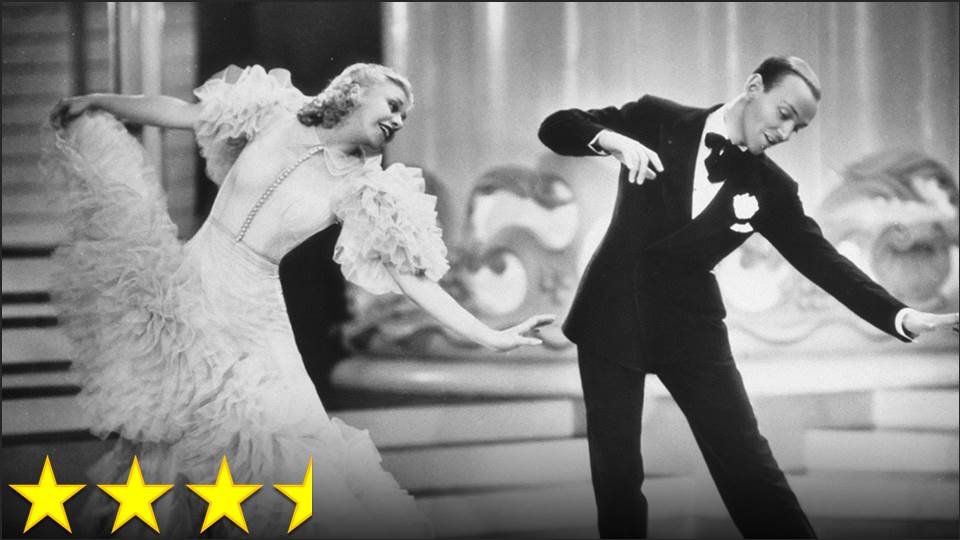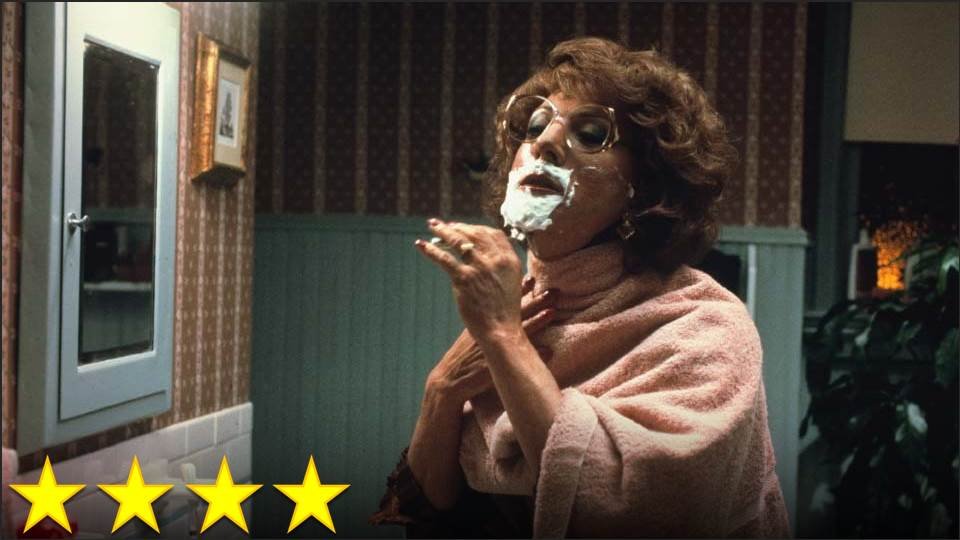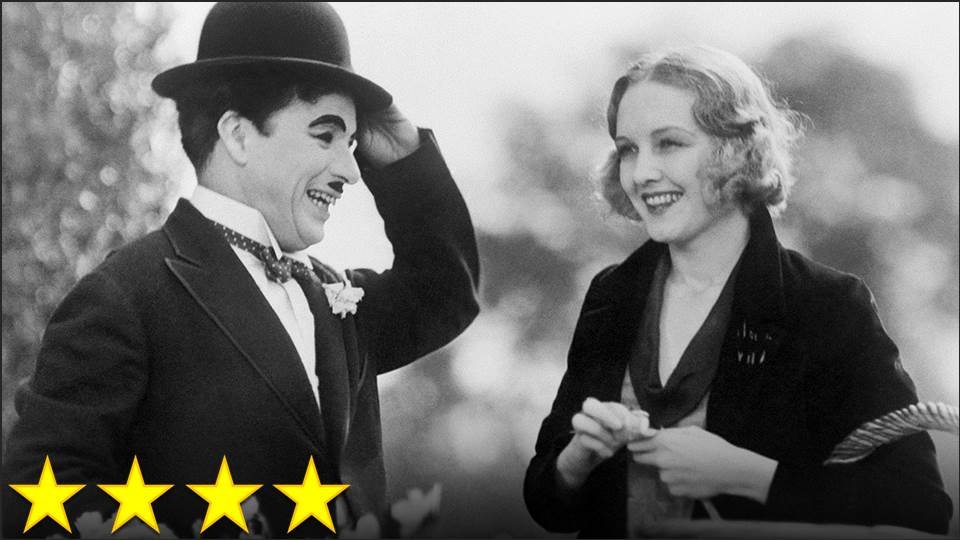It’s very rare for a film with virtually no plot to make for a really good and captivating movie experience, but Fast Times is an exception. It serves as a good example of what I’m currently calling a “layout piece,” which is a work of art or writing that seeks to offer as comprehensive of an overview of a certain subject as possible while remaining an understandable summary, usually by using the highlights of the subject as tent-poles. Think of it as a “greatest hits” album – by the end of it, you should have a pretty good understanding of both the standard, recurring qualities of the work in question and the moments which stand out. Some of my textbooks are good examples as well, but Fast Times is special because it’s a fictional, narrative layout piece, so it constructs situations that express (and critique) its subject matter.
So what is the subject matter? The ’80s, of course! By the end of the movie, the viewer has a feeling of having just lived through a year of high school in the 1980s – I feel like I’ve been there and can tell my family all about what it was like. The film doesn’t focus on facts or statistics about the time period, and cares little for objectivity – it was only made in 1982, after all – but it captures the way the ’80s feel. It feels as though all of these characters really existed in every high school, and all of the situations presented seem to be only slight exaggerations of the plausible. I never had a teacher like Mr. Hand, but I sure feel like I did. This kind of “emotional realism” is what makes the comedy work and the stories (if they can be called such) so enjoyable. The combination of the soundtrack and the cast makes it work about as well as an emblem of the 1980s as Footloose, but its careful mix of comedy and drama makes it work well as a film, too. It may not be a perfect movie, and it gets rather boring at times, but it’s still an experience everyone ought to have.





